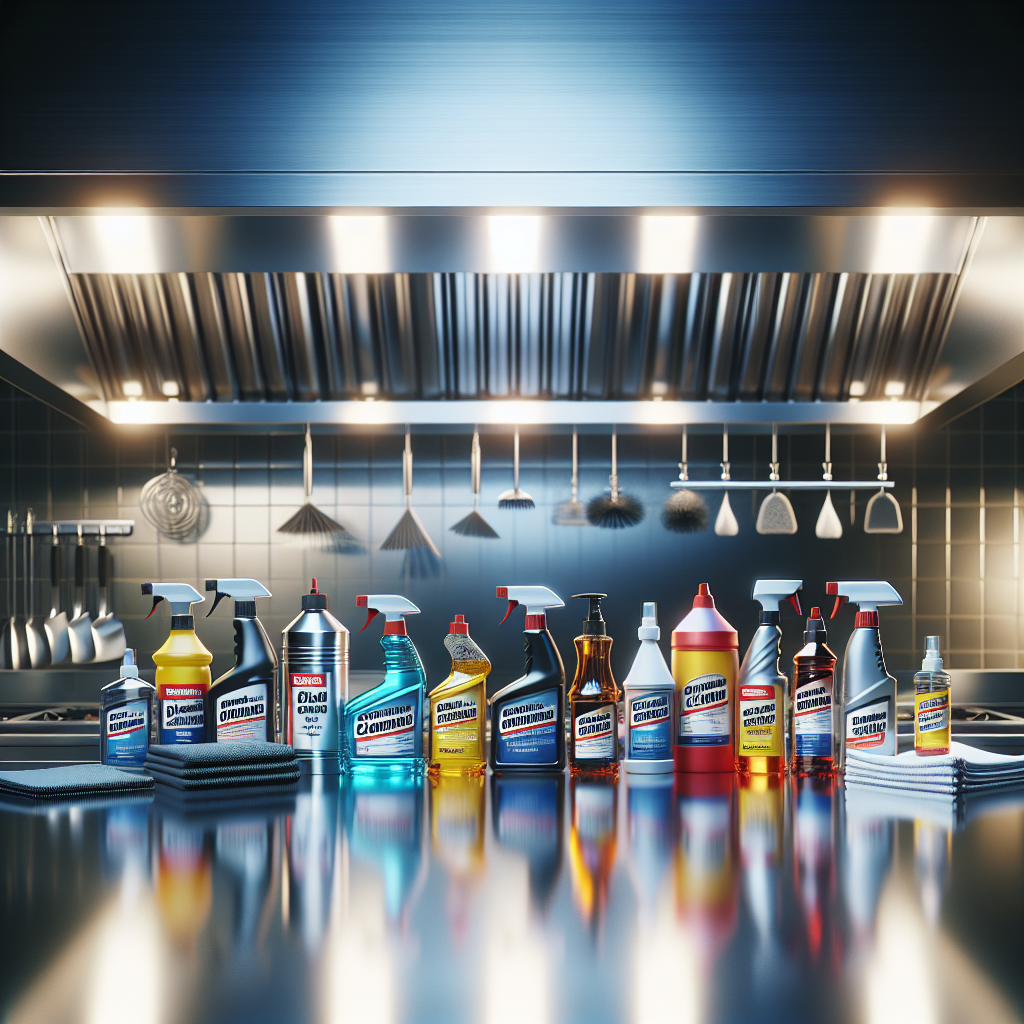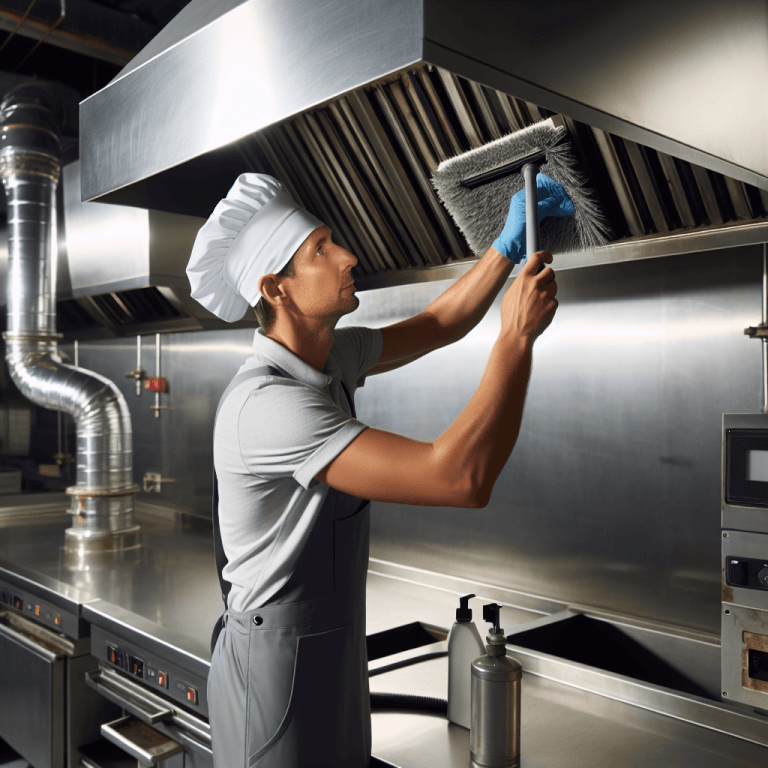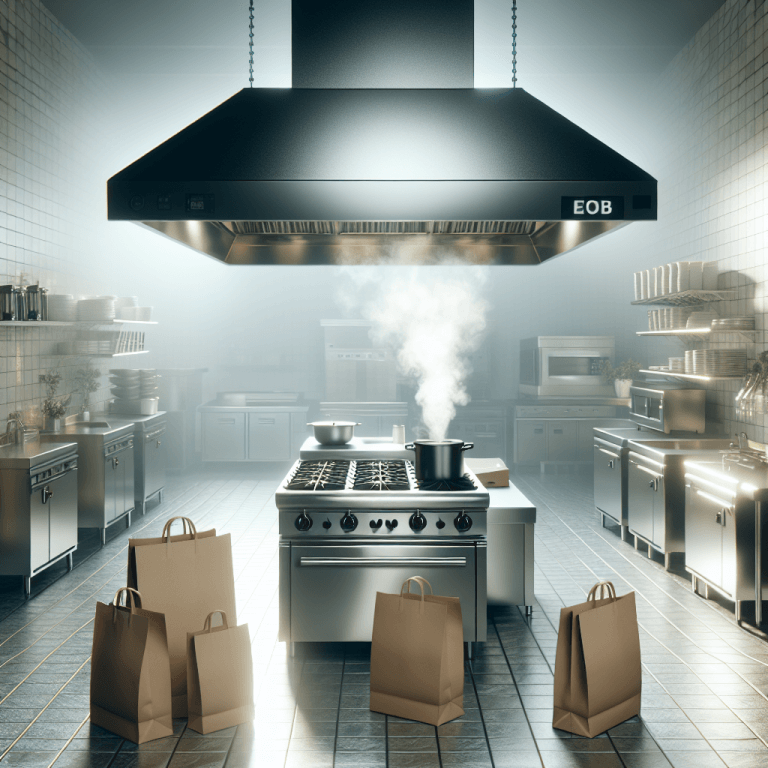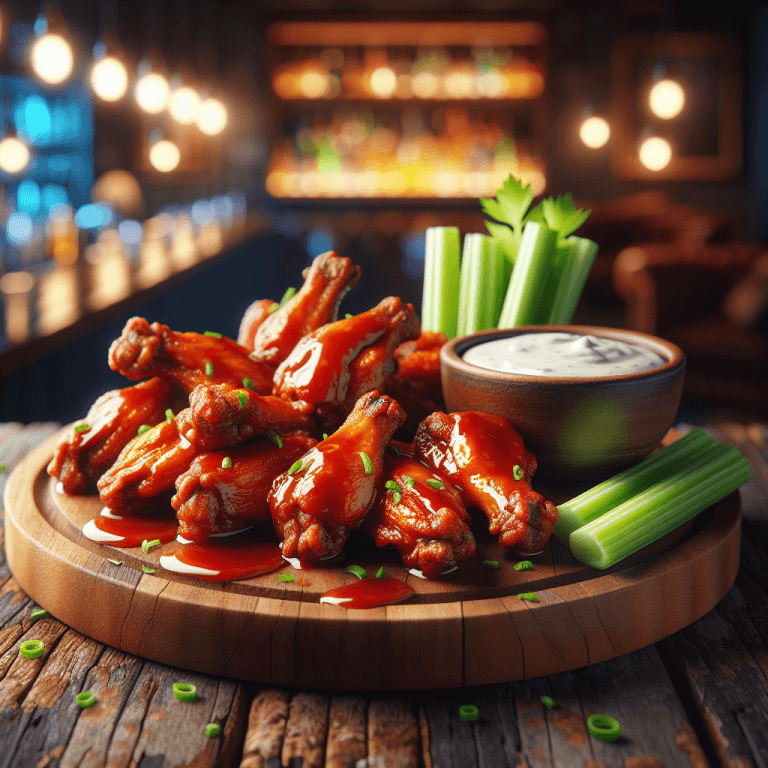Top Restaurant Hood Cleaning Chemicals for Maximum Effectiveness
The Best Chemicals for Restaurant Hood Cleaning
For restaurant owners, ensuring that kitchen hoods are spotless isn’t just a matter of cleanliness—it’s a vital aspect of maintaining a safe and efficient kitchen environment. Restaurant hood cleaning is indispensable for preventing grease buildup that can become a fire hazard. But here’s the burning question: what are the best chemicals for this essential task? Let’s dive into the various chemicals that are commonly used in the industry and evaluate their effectiveness.
The Importance of Kitchen Hood Cleaning
Before we delve into the specifics of the chemicals, it’s important to understand why restaurant hood cleaning is non-negotiable. Commercial kitchens operate at a hectic pace, and in the heat of the hustle, grease and grime can accumulate quickly on kitchen hoods, fans, and ducts. This not only compromises the air quality but can also lead to dangerous grease fires. Regular cleaning resolves these issues, ensuring that the kitchen remains both safe and efficient.
Chemicals for Hood Cleaning: A Comprehensive Overview
Several cleaning chemicals have proven effective in commercial kitchen hood cleaning. Here’s a breakdown of the most commonly used chemicals:
- Degreasers: These are the frontline warriors against stubborn grease. High-strength degreasers work by breaking down grease deposits on the surface of the hood, making them easier to clean. They are ideal for initial cleaning stages where grease buildup is most severe.
- Non-Caustic Cleaners: These environmentally friendly options provide a safer alternative to traditional cleaners. Non-caustic cleaners use natural agents to cut through grease and are less harmful to the skin and surfaces compared to caustic chemicals.
- Caustic Cleaners: Highly effective for aggressive cleaning tasks, caustic cleaners contain strong alkaline substances that dissolve thick grease layers. However, caution is advised as they need to be used with proper safety equipment due to their corrosive nature.
- Enzyme Cleaners: Enzymatic cleaners utilize natural enzymes to break down greasy deposits. This type of cleaner is significant due to their biodegradable properties, making them another eco-friendly option.
- Steam Cleaners: While technically not a chemical, steam cleaning uses high-pressure steam to dissolve grease and sanitize surfaces without the need for harsh chemicals, providing a thorough deep clean.
Efficiency of Different Chemicals
The effectiveness of these chemicals can depend on the type of kitchen operations and the volume of cooking. Here’s how each of these options measures up in general scenarios:
- Heavy-Duty Operations: In kitchens where frying and grilling are frequent, resulting in substantial grease buildup, caustic cleaners and steam cleaners are often the best choices due to their powerful grease-removing capabilities.
- Light to Moderate Operations: For restaurants with a moderate amount of grease accumulation, degreasers and enzyme cleaners are sufficient. They provide a balance of efficiency without the risks associated with more corrosive options.
- Eco-Conscious Operations: Restaurants looking to minimize their environmental impact can rely on non-caustic and enzyme-based cleaners as they are less harsh on the environment without compromising on cleaning efficacy.
Safety First: Handling Chemicals
Safety cannot be overemphasized when it comes to exhaust hood cleaning. Many of the chemicals used in cleaning processes are potent and require careful handling. Protective gear such as gloves, masks, and goggles should always be worn. Adequate ventilation must be ensured to avoid inhaling fumes, and all safety data sheets (SDS) for chemicals used should be read and understood thoroughly.
Choosing Professional Cleaning Services
For many restaurant owners, hiring professionals like New York Hood Pro is the wisest choice. Companies specializing in New York hood cleaning services not only have access to industrial-grade cleaning chemicals but also the expertise to clean each component effectively without damaging the equipment. This ensures compliance with safety and health regulations, providing peace of mind for restaurant operators.
Boosting Business with Regular Hood Cleaning
Incorporating regular hood cleaning into your restaurant maintenance routine doesn’t only address health and safety concerns. It also enhances the efficiency of ventilation systems, reduces the risk of costly breakdowns, and ultimately extends the life of your kitchen equipment. Furthermore, a clean kitchen promotes better air quality and creates a pleasant environment that both kitchen staff and customers will appreciate.
In conclusion, selecting the right chemicals for restaurant hood cleaning is pivotal. Understanding their strengths and limitations helps in maintaining a pristine and safe kitchen. If you’re in the New York area, consider reaching out to specialist services like New York Hood Pro for professional advice and cleaning solutions. This not only safeguards your investment but also keeps your culinary operations running smoothly.






